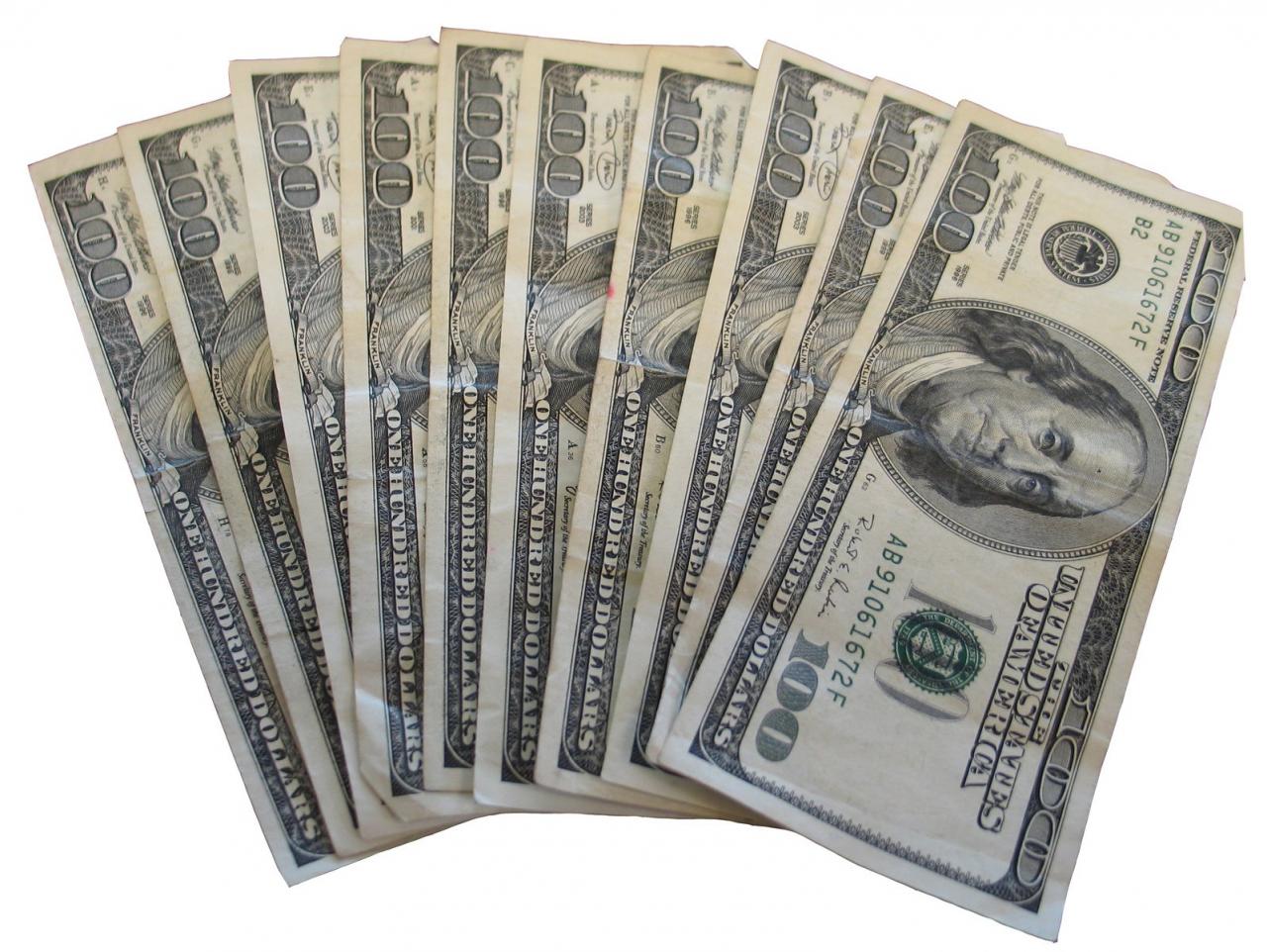
Sen meaning – Embark on an enlightening journey into the multifaceted world of “sen,” a term that holds profound meanings in Japanese culture, mathematics, finance, and beyond. Join us as we unravel its etymology, historical usage, cultural significance, and modern applications, revealing the rich tapestry woven by this versatile word.
From its humble origins to its widespread use in contemporary society, “sen” has played a pivotal role in shaping Japanese culture and thought. Prepare to be captivated as we delve into the nuances of this enigmatic term, unlocking its hidden depths and revealing its enduring relevance in the modern world.
Meaning of “Sen” in Different Contexts: Sen Meaning
The word “sen” has multiple meanings depending on the context in which it is used. In Japanese, “sen” refers to a thousand, while in mathematics, it represents a unit of measurement. In finance, “sen” is a monetary unit.
Meaning of “Sen” in Japanese
- Used to indicate a quantity of a thousand (e.g., “sen-nin” means “one thousand people”)
- Can also be used as a suffix to denote a small unit or fraction (e.g., “sen-en” means “a little bit of money”)
Meaning of “Sen” in Mathematics
- A unit of length in the metric system, equal to 0.01 meters
- Also known as a centimeter
Meaning of “Sen” in Finance
- A monetary unit in Japan, equal to one hundredth of a yen
- No longer in circulation but was previously used in denominations of 1, 5, 10, 50, and 100 sen
Etymology and Historical Usage of “Sen”

The word “sen” has a rich history and has been used in various contexts throughout time.
Etymology
- Derived from the Chinese character “千” (qiān), meaning “thousand”
- Entered the Japanese language during the Nara period (710-794 CE)
Historical Usage
- In ancient Japan, “sen” was used to count objects and indicate large quantities
- During the Edo period (1603-1868), “sen” was introduced as a monetary unit
- The term “sen” has also been used in other languages, such as Korean (“cheon”) and Vietnamese (“tiền”)
Cultural Significance of “Sen”
In Japanese culture, “sen” holds significant meaning and is deeply rooted in traditional arts, customs, and beliefs.
Traditional Arts
- In Japanese calligraphy, “sen” is a fundamental stroke used to form characters
- In origami, “sen” refers to a small paper crane that is often folded as a symbol of peace
Customs and Beliefs
- “Sen” is often used in naming ceremonies for newborn babies, with the hope that they will live a long and prosperous life
- In some Japanese temples, visitors toss coins called “senbei” into offering boxes as a way of making wishes
Symbolism and Metaphors
- In Japanese literature and poetry, “sen” is often used as a symbol of eternity or vastness
- The phrase “sen-ri no michi mo ippo kara” (“A journey of a thousand miles begins with a single step”) is a common proverb that encourages perseverance
Comparative Analysis of “Sen” in Different Languages
The concept of “sen” is not unique to Japanese but is found in various languages with similar meanings and usage.
Comparative Meanings
- Korean: “cheon” – thousand, monetary unit
- Vietnamese: “tiền” – money, currency
- Chinese: “qian” – thousand, monetary unit
Comparative Usage
- In Korean, “cheon” is commonly used to count large quantities and indicate monetary values
- In Vietnamese, “tiền” is the primary term for money and is used in various financial contexts
- In Chinese, “qian” is primarily used as a monetary unit, but it can also refer to a thousand
Challenges in Translation
- Translating “sen” into other languages can be challenging due to cultural nuances and differences in usage
- For example, the Japanese phrase “sen-ri no michi mo ippo kara” has no direct equivalent in English
Applications of “Sen” in Modern Society
In contemporary Japanese society, “sen” continues to play a significant role in various fields.
Technology, Sen meaning
- Used in computer science to represent data values (e.g., “sen-byte” means “one thousand bytes”)
- Also used in digital imaging to indicate the resolution of a camera (e.g., “sen-mega pixels” means “one thousand megapixels”)
Business
- Still used in financial transactions, although to a lesser extent due to the discontinuation of the sen coin
- In accounting, “sen” is sometimes used to denote a small unit of currency (e.g., “sen-en” means “a few cents”)
Education
- In mathematics education, “sen” is used to introduce the concept of units and measurements
- In language education, “sen” is often taught as a basic vocabulary word for counting and indicating quantities
Last Recap
In conclusion, “sen” stands as a testament to the intricate interplay between language, culture, and human experience. Its multifaceted nature has enriched countless aspects of Japanese society, from traditional arts to modern technology. As we continue to explore the depths of this enigmatic term, its significance is bound to endure, inspiring new insights and fostering a deeper appreciation for the beauty and complexity of human expression.
Query Resolution
What is the origin of the word “sen”?
The word “sen” has its roots in the Chinese character “錢,” which originally referred to a metal coin used in ancient China.
How is “sen” used in mathematics?
“Sen” is used as a unit of measurement in Japan, equivalent to 0.001 yen.
What is the cultural significance of “sen” in Japan?
“Sen” holds deep cultural significance in Japan, representing concepts such as luck, prosperity, and longevity.





